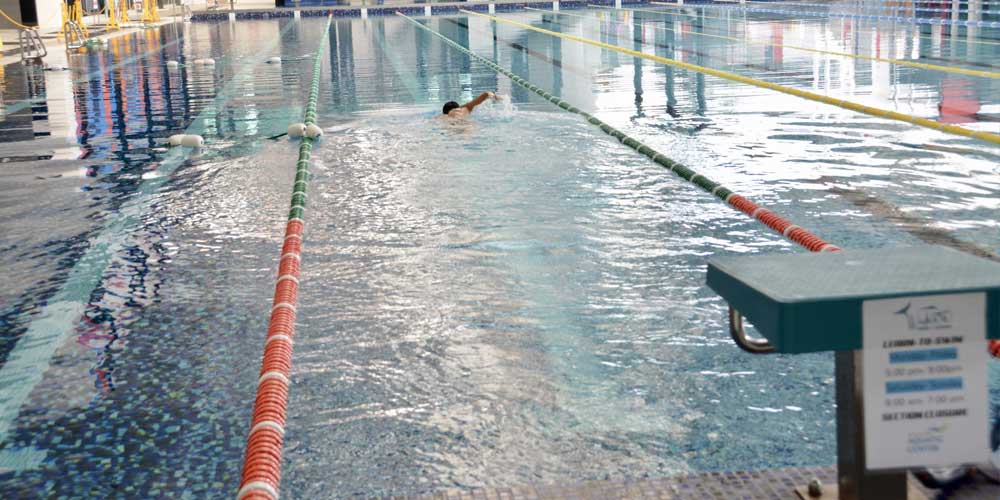Aċidu trichloroisocyuric(TCCA) huwa diżinfettant effettiv ħafna bi stabbiltà tajba li żżomm il-kontenut tal-klorin disponibbli għal snin twal. Huwa faċli biex tużah u m'għandux bżonn ħafna intervent manwali minħabba l-applikazzjoni ta 'floaters jew alimentaturi. Minħabba l-effiċjenza u s-sigurtà tad-diżinfezzjoni għolja tiegħu, l-aċidu trikloroisocyuric intuża ħafna fil-pixxini, tojlits pubbliċi, u postijiet oħra, b'riżultati tajbin.
Mekkaniżmu ta 'reazzjoni bl-ilma
Meta l-aċidu trichloroisocyuric (TCCA) jiltaqa 'ma' l-ilma, jinħall u idrolizza. L-idroliżi tfisser li l-molekuli jiddekomponu gradwalment f'aċidu ipoklorous (HCLO) u komposti oħra taħt l-azzjoni ta 'molekuli ta' l-ilma. L-ekwazzjoni tar-reazzjoni tal-idroliżi hija: TCCA + H2O → HOCL + CyA- + H +, fejn TCCA huwa aċidu trikloroisocyuric, HOCL huwa aċidu ipoklorous, u cya- huwa cyanate. Dan il-proċess ta 'reazzjoni huwa relattivament bil-mod u ġeneralment jieħu diversi minuti sa diversi sigħat biex jitlesta. L-aċidu ipoklorous prodott mid-dekompożizzjoni ta 'TCCA fl-ilma għandu proprjetajiet ossidanti qawwija u jista' jeqred il-membrani taċ-ċellula ta 'batterji u viruses, u b'hekk joqtolhom. Barra minn hekk, l-aċidu ipoklorous jista 'jkisser il-materja organika fl-ilma u għalhekk inaqqas it-turbidità fl-ilma u jagħmel l-ilma nadif u ċar.
Xenarji ta 'applikazzjoni
TCCAhuwa prinċipalment użat għad-diżinfezzjoni ta 'pixxini, spas u korpi oħra tal-ilma. Wara li żżid TCCA, in-numru ta 'batterji u viruses fl-ilma tal-pixxina jitnaqqas malajr, u b'hekk jiġi żgurat is-sigurtà tal-kwalità tal-ilma. Barra minn hekk, TCCA tista 'tintuża wkoll għad-diżinfezzjoni u l-isterilizzazzjoni fit-tojlits, drenaġġ, u postijiet oħra. F'dawn l-ambjenti, TCCA effettivament toqtol il-batterji li jikkawżaw ir-riħa u jinibixxi t-tixrid ta 'patoġeni.
Iktar kosteffikaċi
Il-prezz ta 'l-aċidu trikloroisocyuric (TCCA) huwa relattivament għoli, parzjalment minħabba l-kontenut għoli ta' klorin disponibbli tiegħu. Minħabba l-effett ta 'sterilizzazzjoni effettiv u mgħaġġel ħafna tiegħu, il-proporzjon ġenerali ta' kost-benefiċċju ta 'TCCA jibqa' għoli u jaħdem b'mod effettiv fil-pixxini u spas madwar id-dinja.
Avviż
Għalkemm TCCA għandu effett ta 'diżinfezzjoni tajjeb, l-utenti għandhom jagħtu attenzjoni lill-applikazzjoni xierqa. TCCA jirreaġixxi bl-aċidi biex jipproduċi gass tossiku tal-klorin. Meta tuża TCCA, żgura li l-ambjent ikun ventilat sew u qatt ma ħawwad TCCA ma 'xi kimiċi oħra. Kontenituri tat-TCCA użati għandhom jintremew mingħajr periklu minn regolamenti rilevanti biex jiġi evitat it-tniġġis ambjentali.
Aċidu trikloroisocyuric (TCCA) jeċċella fil-pixxina u spaDisinfezzjoni tal-ilma, Qtil ta 'batterji u viruses malajr biex tiżgura kwalità ta' ilma sikura. Meta tuża TCCA, huwa importanti li tifhem il-mekkaniżmu tad-diżinfezzjoni tiegħu u l-prekawzjonijiet li għandhom jittieħdu.
Ħin ta 'wara: April-17-2024

